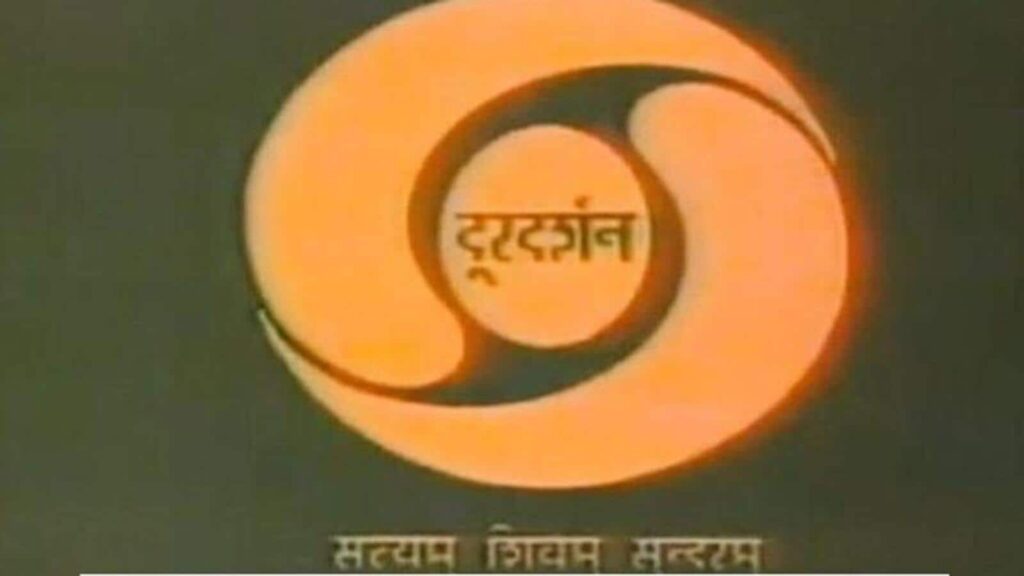To be exact, my generation, born between 1946 and 1964, is known as the “baby boomer generation.” We are descendants of the silent generation and parents of Gen Xers and Millennials. We consider ourselves lucky to belong to this group because we have seen the entire world change almost 360 degrees in our lifetime. We grew up in a time when news, both good and bad, could be conveyed fastest by telegram. You need to load a film roll into your camera before taking photos. A black and white TV with only Doordarshan on was our only source of entertainment and we waited for the weekend to enjoy our weekly movie. Sometimes people had to climb onto the roof to adjust the antenna to get a clearer image.
Documents are shared via fax, music is stored on magnetic tapes or cassettes, and hours are spent after booking an outside line at a telephone exchange to talk to that person in a town hundreds of miles away. I also had to wait.
We now live in a world where the internet and smartphones have revolutionized communication, digital cameras have reshaped photography, and OTT and smart TV have completely changed the concept of visual entertainment. Thanks to the appeal of WhatsApp and social media, even older people are becoming increasingly tech-savvy. Fax machines, teleprinters, Walkmans, Agfa film, and audio and video cassettes all but disappeared from the face of the earth, along with telegrams, postcards, and letters to the interior. Landlines are holding up, but they are increasingly seen as antiques.
Indeed, when the computer age arrived, we felt a little lost. I remember joining the bank's newly launched computer department and struggling with different operating systems and software.
Although I was no expert, I quickly adapted to new technology. But that wasn't the case for my colleagues and contemporaries. One time, while I was on the phone, an executive posted that he was running a program to generate performance reports at a remote branch. After explaining all the steps in detail, I asked him to press any key on the computer and extract the resulting statement. There was silence on the phone for a while, and then he shyly asked, “Sir, I can't find 'any key' on the keyboard!”
At the turn of the century, we were exposed to the benefits of the Internet. However, at least for our generation, computer literacy was still not enough. I still laugh and remember when my senior called me and told me that I had started using the Internet and had opened an email account. I expressed my gratitude and asked him to send me a message to get his email address. I waited almost a week and then received a letter in the mail with his email address.
As I celebrate my 75th birthday and others of my generation are about to cross the life expectancy barrier, the digital age has brought us a new wonder: artificial intelligence, or AI. Computer systems can now perform tasks that typically require human intelligence, such as visual recognition, speech recognition, decision-making, and the generation of written content. It won't be long before we read novels and poems created by AI. Sometimes I imagine the day, years from now, when my Gen Alpha granddaughter will tell her classmates at Harvard that her grandfather wrote “middle letters” in the newspaper. One of your classmates will be surprised and answer, “Why?” Couldn’t you have used ChatGPT for that?”
The author is a freelance contributor based in Shimla. He can be contacted at: parmar.ranbir@gmail.com


